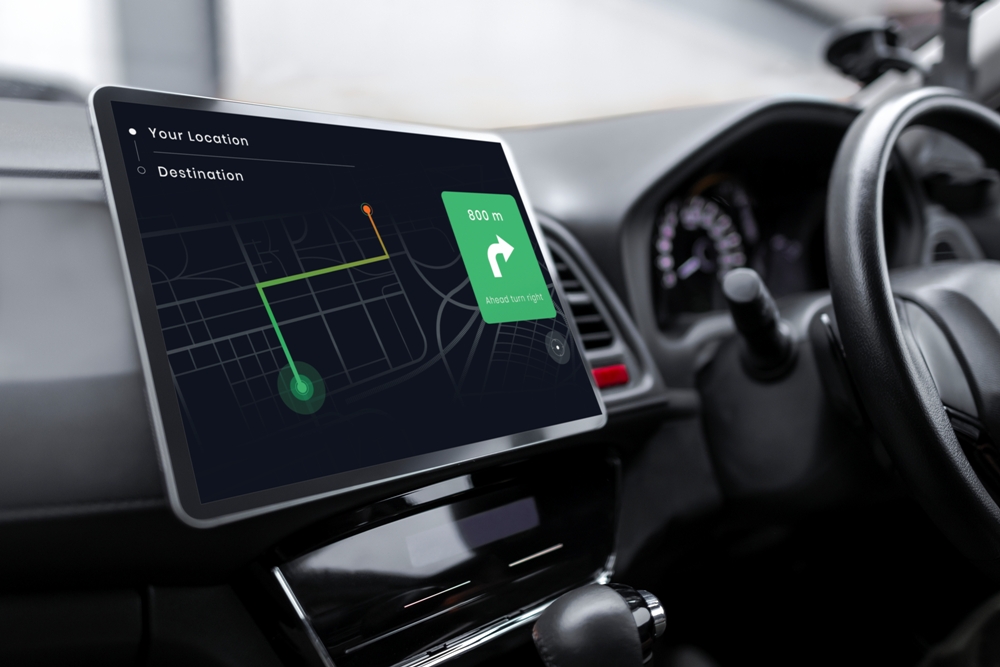In the last decade, Google and Apple have both launched systems designed to make driving with your smartphone safer. Apple’s CarPlay and Android Auto both allow users to interact with their smartphones even while driving. Now, drivers can make hands-free calls, dictate texts, and even access Spotify without taking their hands off the wheel. But does this actually make driving safer?
The Benefits of Android Auto and Apple CarPlay
In today’s technology-driven world, drivers simply do not want to leave their phones behind them. As such, smartphones present a constant source of distraction for even well-intentioned drivers. An email from an important client, a text message from a child, or the need to listen to a favorite song is just at arm’s reach.
This means that for many drivers, the temptation to use their phones while driving is powerful. That’s why Apple and Android came out with systems that integrate smartphones into the car itself. Now, users can ask Siri for directions, voice text a friend, or find the best tunes without ever taking their hands off the wheel. But has this improved distracted driving?
Three Types of Distracted Driving
In general, there are three types of distractions drivers must deal with when on the road:
- Visual Distractions. A visual distraction is anything that takes your eyes off the road and the task of driving. This could be a billboard, an accident on the side of the road, or your smartphone.
- Manual Distractions. A manual distraction is anything that takes your hands off the wheel. This could be changing the radio station, texting a friend, or handing your child a tissue.
- Cognitive Distractions. A cognitive distraction is anything that takes your mind off the task of driving. This includes daydreaming, having a conversation with a friend, and singing along to a favorite song.
For Apple CarPlay and Android Auto users, these systems remove manual distractions. They also reduce, but do not eliminate, visual distractions. Since the car comes with an interactive touch screen, many users look at the screen to interact with it, which doesn’t perfectly remove the dangers of visual distractions.
Yet for its benefits, Apple CarPlay and Android Auto don’t remove cognitive distractions. For example, suppose you decide to voice text your grandmother. Even though you can use Siri to do this, your brain becomes more focused on what you’re going to say in the text message and not on driving your car. This means you might not recognize the child getting ready to dart out in traffic or the light that is turning red.
Using Apple CarPlay and Android Auto Increases Reaction Time
This is why studies continue to show that there are increased dangers to using even smart systems like Android Auto and Apple CarPlay. One study conducted in the United Kingdom found that Android Auto and Apple CarPlay reduced a driver’s reaction time even more than alcohol or pot! The study showed that the average driver slams on the brake at a reaction time of one second. That figure increased 12% when the driver was at the legal drinking limit (0.08%) and increased to 21% after smoking pot. When a driver used Apple CarPlay or Android Auto, their reaction time increased by 53%!
Much of the danger comes from using the interactive touch screen to navigate to features buried deep in the software. When you’re trying to find something on the screen, the touchscreen becomes a giant smartphone. This meant that drivers suddenly took their eyes off the road for a full 16 seconds without realizing it.
The study also concluded that while using voice commands reduced distractions significantly, reaction times were still increased by 30% to 36%. In addition, when using many of the navigation features on Android Auto and Apple CarPlay, drivers swerved out of their lane up to 21 inches. This could be fatal for bicyclists and pedestrians sharing the road.
Contact Our Helena Car Accident Lawyers
If you or someone you love suffered an injury in a car accident in Montana, we can help. Let Doubek, Pyfer & Storrar obtain maximum compensation for you after a serious injury accident.
To learn more about your legal options, you can fill out a contact form on our website, and we can contact you, or you can call us now at 406-442-7830 and get your immediate questions answered.

Keif served as the Law Clerk and Special Master to the Honorable Kurt Krueger, Second Judicial District Court, Butte-Silver Bow County. Keif represents people who have been injured by the misconduct or negligence of others and seek justice in Montana’s courts. Keif is a member of the Montana State Bar and the Montana Trial Lawyers. Doubek, Pyfer & Storrar, PLLP serves clients throughout Western Montana.

